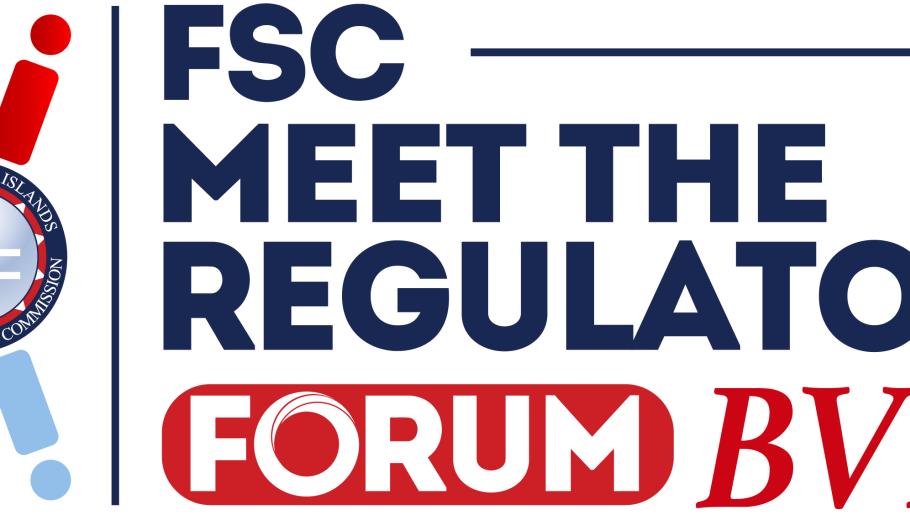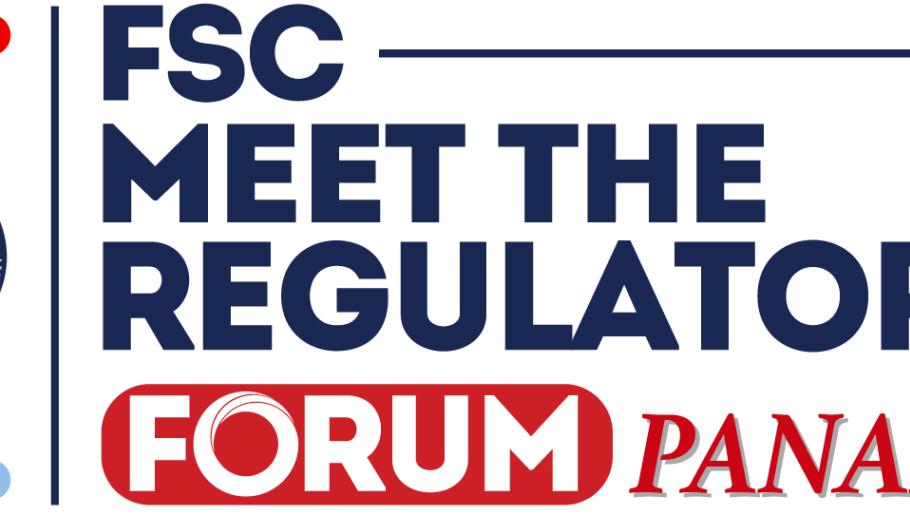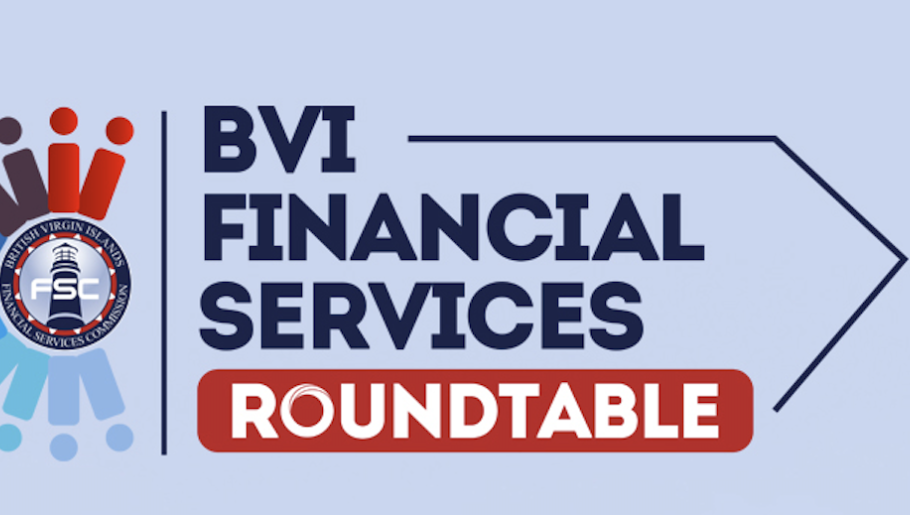
You are here
FATF Public Statements - February 2021
On 21 February 2021, The Financial Action Task Force (the 'FATF'), the global standard-setting body that promotes measures for combating money laundering, terrorist financing and other related threats to the integrity of the international financial system, issued a public statement identifying jurisdictions under increased monitoring.
This public statement presents a brief on the countries that are under and subject to increased examination. These countries have committed to work within FATF timeframes to fully attend to any strategic deficiencies within their administrations. The FATF does not call for enhanced due diligence to be applied to the ‘Jurisdictions Under Increased Monitoring’ but encourages all to consider the information presented in their risk analysis.
As a result of the COVID-19 pandemic, the FATF paused its review of high-risk jurisdictions subject to a call for action, given that they are already subject to FATF's call for countermeasures. Therefore, Jurisdictions are advised to refer to the statement on these jurisdictions adopted in February 2020.
This statement highlights concerns with the AML/CFT regimes of Iran and the Democratic People's Republic of Korea (DPRK). FATF is cognizant that measures taken to address deficiencies may not reflect the countries' current standing but remains concerned about their failure to address deficiencies in their anti-money laundering and combating the financing of terrorism (AML/CFT) regimes, and the serious threats they pose to the international financial system's integrity. It encourages all jurisdictions to apply enhanced due diligence, and, in the most serious cases, to apply counter-measures to protect the international financial system from the money laundering, terrorist financing, and proliferation financing (ML/TF/PF) risks emanating from these countries.
The British Virgin Islands Financial Services Commission ("FSC") wishes to advise the general public, including all persons who are required to comply with the requirements of the Anti-Money Laundering Regulations, 2008 and the Anti-Money Laundering and Terrorist Financing Code of Practice, 2008, to note the concerns expressed by the FATF with respect to the named jurisdictions and consider the money laundering, terrorist financing, and proliferation financing risks associated. The FSC encourages all to apply appropriate or enhanced customer due diligence measures when dealing with customers or handling transactions connected with any of the ‘High-Risk Jurisdictions subject to a Call for Action’ that have been identified by the FATF’s public statement.
'High-Risk Jurisdictions subject to a Call for Action – February 2021'
This FATF statement of 21 February 2020 is reproduced in full below:
Democratic People's Republic of Korea (DPRK)
The FATF remains concerned by the DPRK's failure to address the significant deficiencies in its anti-money laundering and combating the financing of terrorism (AML/CFT) regime and the serious threats they pose to the integrity of the international financial system. The FATF urges the DPRK to immediately and meaningfully address its AML/CFT deficiencies. Further, the FATF has serious concerns with the threat posed by the DPRK's illicit activities related to the proliferation of weapons of mass destruction (WMDs) and its financing.
The FATF reaffirms its 25 February 2011 call on its members and urges all jurisdictions to advise their financial institutions to give special attention to business relationships and transactions with the DPRK, including DPRK companies, financial institutions, and those acting on their behalf. In addition to enhanced scrutiny, the FATF further calls on its members and urges all jurisdictions to apply effective counter-measures, and targeted financial sanctions in accordance with applicable United Nations Security Council Resolutions, to protect their financial sectors from money laundering, financing of terrorism and WMD proliferation financing (ML/TF/PF) risks emanating from the DPRK. Jurisdictions should take necessary measures to close existing branches, subsidiaries and representative offices of DPRK banks within their territories and terminate correspondent relationships with DPRK banks, where required by relevant UNSC resolutions.
Iran
In June 2016, Iran committed to address its strategic deficiencies. Iran's action plan expired in January 2018. In February 2020, the FATF noted Iran has not completed the action plan.[1]
In October 2019, the FATF called upon its members and urged all jurisdictions to: require increased supervisory examination for branches and subsidiaries of financial institutions based in Iran; introduce enhanced relevant reporting mechanisms or systematic reporting of financial transactions; and require increased external audit requirements for financial groups with respect to any of their branches and subsidiaries located in Iran.
Now, given Iran's failure to enact the Palermo and Terrorist Financing Conventions in line with the FATF Standards, the FATF fully lifts the suspension of counter-measures and calls on its members and urges all jurisdictions to apply effective counter-measures, in line with Recommendation 19.[2]
Iran will remain on the FATF statement on [High Risk Jurisdictions Subject to a Call for Action] until the full Action Plan has been completed. If Iran ratifies the Palermo and Terrorist Financing Conventions, in line with the FATF standards, the FATF will decide on next steps, including whether to suspend countermeasures. Until Iran implements the measures required to address the deficiencies identified with respect to countering terrorism-financing in the Action Plan, the FATF will remain concerned with the terrorist financing risk emanating from Iran and the threat this poses to the international financial system.
Jurisdictions Under Increased Monitoring February 2021
Jurisdictions under increased monitoring are actively working with the FATF to address strategic deficiencies in their regimes to counter money laundering, terrorist financing, and proliferation financing. When the FATF places a jurisdiction under increased monitoring, it means the country has committed to resolve swiftly the identified strategic deficiencies within agreed timeframes and is subject to increased monitoring. This list is often externally referred to as the "grey list".
Jurisdictions with strategic deficiencies
| Albania | Morocco |
| Barbados | Myanmar |
| Botswana | Nicaragua |
| Burkina Faso | Pakistan |
| Cambodia | Panama |
| Cayman Islands | Senegal |
| Ghana | Syria |
| Jamaica | Uganda |
| Mauritius | Yemen |
| Zimbabwe | |
Both FATF Statements of February 2021 are reproduced in full here.
Upcoming Events






